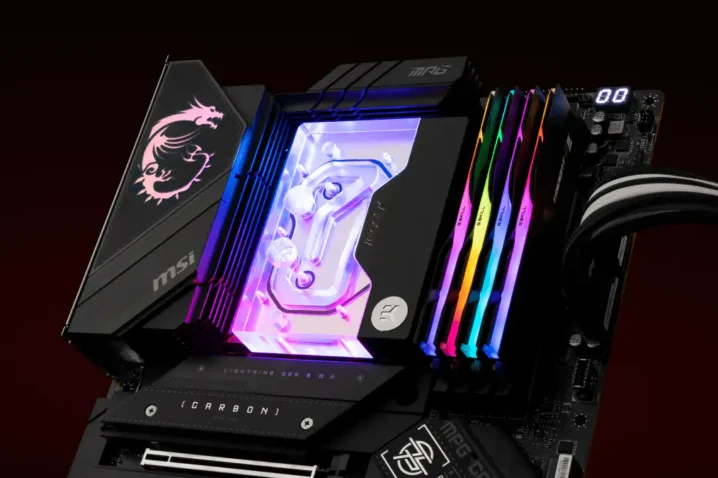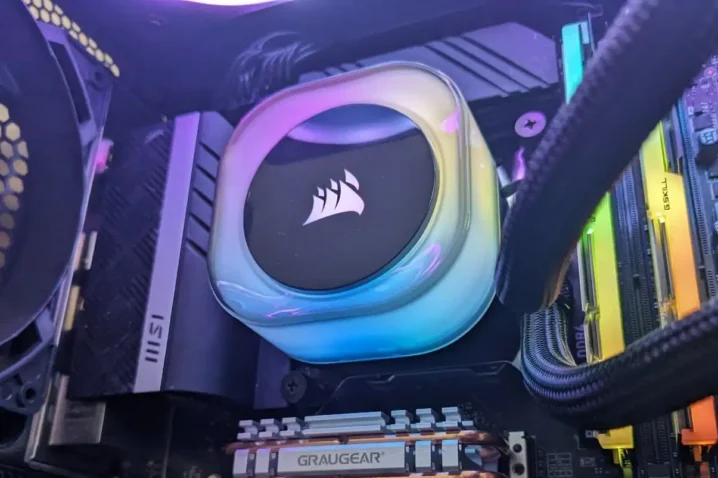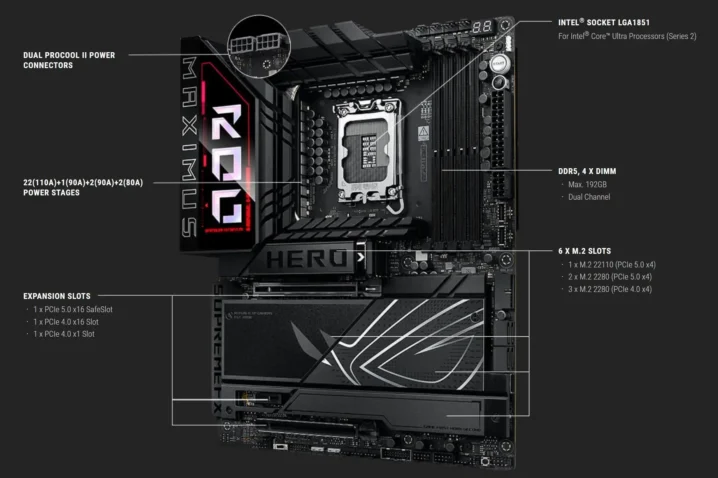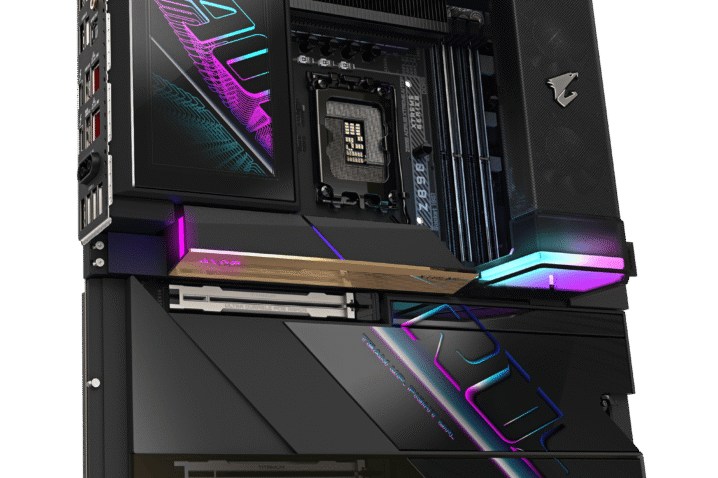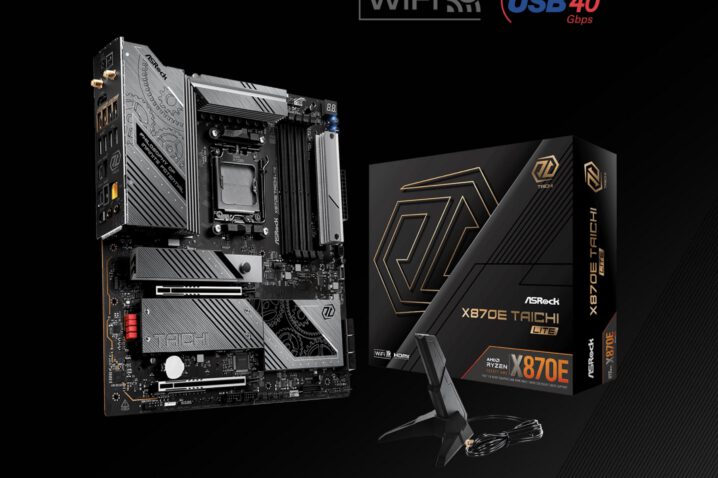EKWB’s Quantum Velocity² AM5 water block shows a 2°C advantage over previous models in custom loop testing. The block features a redesigned cold plate and optimized flow channels for AMD’s latest socket. Reviewers used Ryzen 9 7950X for thermal comparisons.
Testing at 250W load reveals CPU temperatures of 68°C, compared to 70°C with the older Velocity model. Flow rates remain consistent, and installation is simplified with a new mounting bracket. Aesthetic options include nickel and acetal finishes.
This performance gain may appeal to custom loop enthusiasts seeking maximum efficiency. EKWB’s focus on socket-specific optimization sets a new standard for water blocks. Competing brands are expected to release similar updates for AM5.

